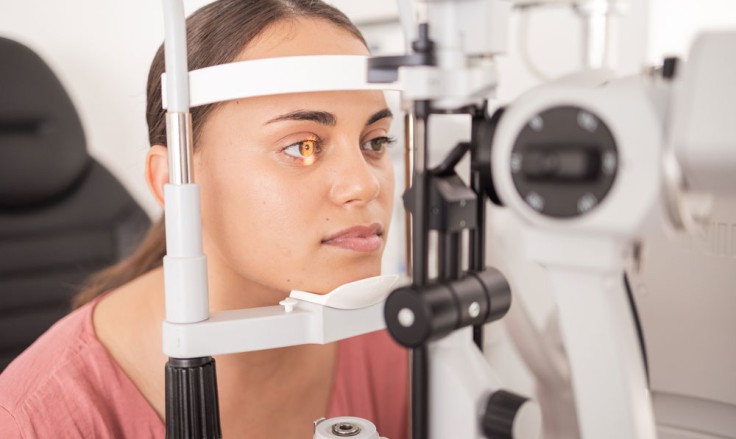Excimer Laser vs. LASIK: Which Is Best?
Introduction
Cosmetic eye surgery has evolved rapidly. Today, two leading methods exist. One uses excimer laser therapy. The other is LASIK. In essence, both aim to improve vision. However, each has unique features and benefits. Moreover, understanding the differences is key. This guide examines Excimer Laser vs. LASIK. We explore techniques, safety, recovery, and outcomes. Ultimately, you can decide which procedure suits your needs best.
Understanding the Techniques
Excimer laser therapy and LASIK use advanced lasers. Excimer lasers emit ultraviolet light. They precisely remove tissue through photochemical ablation. In contrast, LASIK reshapes the cornea. LASIK uses a microkeratome or femtosecond laser to create a flap. Then, an excimer laser smooths the underlying tissue. In essence, both methods use excimer lasers. Yet, LASIK adds a flap creation step.
Modern technology has refined both techniques. Digital imaging guides treatment in each method. This planning ensures accuracy. Ultimately, both methods have revolutionised refractive surgery.
Advantages of Excimer Laser Therapy
Excimer laser therapy is highly precise. It removes tissue with minimal heat. Consequently, there is little thermal damage. Patients often experience faster healing. The treatment does not create a flap. This avoids flap-related complications. Additionally, excimer therapy can target small areas. It is ideal for correcting fine imperfections. In essence, excimer laser treatment is gentle and precise.
Advantages of LASIK
LASIK is widely popular for a reason. It typically produces rapid visual improvements. The creation of a corneal flap allows for a smoother surface. Most patients notice immediate enhancement. Recovery times are short, and vision stabilises quickly. LASIK also has a long track record. Many surgeons have perfected the technique. Ultimately, LASIK is known for its effectiveness and speed.

Safety Profiles
Both techniques are safe. Advanced technology minimizes risks. In excimer laser therapy, the absence of a flap reduces potential complications. In LASIK, the flap creation is managed with precision. Surgeons use digital planning to enhance safety. Ultimately, patient selection is key. Both methods are highly reliable when performed by experienced professionals.
Recovery and Post-Operative Care
Recovery is a major consideration. With excimer laser therapy, recovery is often swift. Patients experience mild discomfort and minimal downtime. LASIK recovery is also quick. Most individuals return to normal activities within a day or two. In essence, both methods boast short recovery periods. However, post-operative care is crucial. Follow your surgeon’s instructions to protect your eyes. Use prescribed eye drops and avoid rubbing your eyes. Ultimately, proper care supports optimal healing and lasting results.
Visual Outcome and Precision
Both procedures aim to improve vision. Excimer laser therapy offers exceptional precision. It removes only the targeted tissue. LASIK provides accurate reshaping of the cornea. Both methods use digital imaging for customisation. As a result, outcomes are predictable. In essence, patients enjoy clear, sharp vision after either procedure. Your surgeon will help determine the best option based on your eye structure and vision goals.
Cost Considerations
Cost is an important factor. Prices for both procedures vary widely. Excimer laser therapy may be more expensive in some settings. LASIK is also a significant investment. In essence, the cost depends on the technology used and the surgeon’s expertise. Many clinics offer financing options. Ultimately, consider the long-term benefits alongside the initial expense.
Patient Selection and Suitability
Not every patient is ideal for both procedures. Factors such as age, corneal thickness, and overall eye health matter. Excimer laser therapy may be preferred for patients with specific corneal irregularities. LASIK is often ideal for individuals with stable prescriptions. Your surgeon will evaluate your suitability during the consultation. In short, personal factors play a key role in determining the best method for you.
Conclusion
To summarise, both excimer laser therapy and LASIK offer significant benefits for vision correction. Each method uses advanced technology to achieve precise, customised results. Excimer laser therapy is known for its precision and minimal tissue disruption. In contrast, LASIK is celebrated for its rapid recovery and long track record of success. Both methods boast strong safety profiles and deliver clear, sharp vision.
When deciding between the two, consider your individual eye health, lifestyle, and long-term goals. A thorough consultation with an experienced surgeon is essential. They will help you understand the nuances of each procedure and guide you to the best option for your needs.
Ultimately, whether you choose excimer laser therapy or LASIK, you can expect a significant improvement in vision and overall quality of life. With proper pre-operative planning, careful post-operative care, and a commitment to follow-up, you can achieve lasting, satisfying results that enhance your daily life.
For more information on laser eye surgery and to book a consultation visit the ACIBADEM Beauty Center Laser Eye Surgery webpage.





